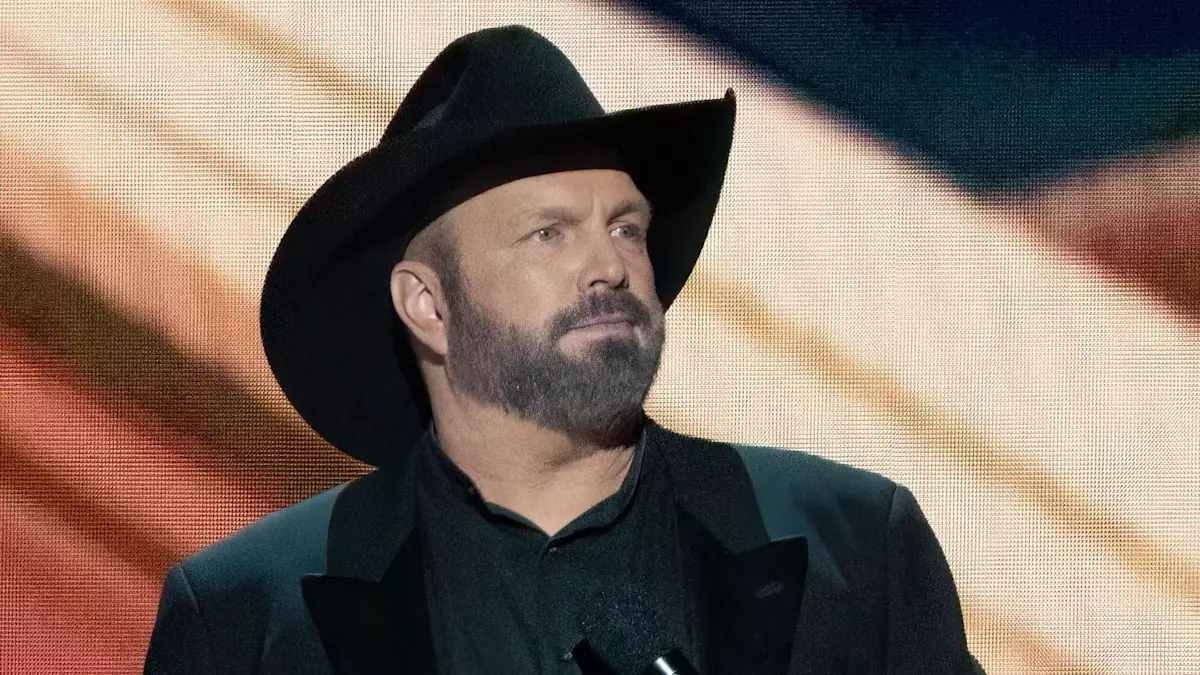In an alarming turn of events, Garth Brooks, the iconic figure of country music, finds himself ensnared in serious legal accusations. An unidentified woman, referred to as Jane Roe, has filed a lawsuit against him, making claims of rape, sexual assault, and battery stemming from incidents that allegedly occurred while she worked as his hairstylist. These allegations not only shake the foundations of Brooks’s musical empire but also ignite broader conversations about power dynamics and sexual misconduct in the entertainment industry.
The lawsuit presents a troubling narrative that paints a stark picture of the events from 2017 onwards. According to the claims, Brooks, who is now 62 years old, allegedly engaged in highly inappropriate behavior including raping the plaintiff and exposing himself during several encounters in 2019. The plaintiff asserts that following their reconnection in 2017 — after meeting in 1999 through Brooks’s wife, Trisha Yearwood — Brooks took advantage of her vulnerability during a difficult financial period.
The crux of the accusations hinges on the assertion that Brooks exploited this relationship to indulge in predatory behavior that he concealed from the public. The nature of the allegations raises crucial questions about consent, power dynamics, and the responsibilities of those in positions of influence within the entertainment sector.
In response to the allegations, Brooks has fervently denied all claims. He described the situation as one where he has faced continuous harassment and threats, implying a strong sentiment of being extorted. His statement expressed disbelief at what he characterized as an attempt to tarnish his reputation for financial gain. “Hush money, no matter how much or how little, is still hush money,” he asserted, indicating that any payment would equate to an admission of guilt for conduct he unequivocally denies.
Brooks emphasized his desire to continue performing and engaging in charitable endeavors, lamenting the distraction these allegations have caused. Moreover, he filed a counter-suit in Mississippi seeking to halt the dissemination of what he called “false allegations,” indicating an aggressive approach to protecting his image and legacy. This legal maneuver reflects a complex interplay of preserving one’s public persona while confronting serious claims of misconduct.
Representatives for Roe, Wigdor LLP, have taken a firm stance in defending their client’s allegations, framing Brooks as an individual who may have hidden behind his fame to engage in harmful behavior. They argue that the lawsuit is not just about monetary compensation but serves as an essential step in holding accountable individuals who exploit their power over others. The lawyers have encouraged other potential victims to come forward, emphasizing a culture of silence that often surrounds similar allegations.
This stance illustrates the significant challenges faced by survivors of sexual violence in navigating the complexities of public perception and legal recourse. The flood of these kinds of allegations in various entertainment sectors suggests a rising tide of accountability and a demand for transparency.
The allegations against Brooks bring to light deeper structural issues within the country music genre and broader entertainment industry. Incidents of sexual misconduct are not limited to Hollywood or high-profile cases; they permeate across all areas of performance, including country music, which has its own unique cultural challenges. This case is emblematic of the urgent need for systemic change regarding how such allegations are addressed and how those in power are held accountable.
As these discussions unfold, many wonder whether this incident might catalyze changes within the industry, encouraging a safer environment for artists and employees alike. It confronts the stigma surrounding sexual misconduct, advocating for a culture where open dialogue and support can shield potential victims from exploitation.
The unfolding legal battles involving Garth Brooks will undoubtedly keep the country music community and fans on edge. Whether the allegations will result in tangible consequences for Brooks or bring about necessary reform within the industry remains uncertain. However, what is clear is that these events resonate beyond any single celebrity, raising critical questions about power, consent, and the role of accountability.
As Garth Brooks states his desire to continue making music and engaging in humanitarian efforts, the outcome of this controversy will be pivotal not only for his career but also for a larger movement towards justice and reform in the entertainment world. In the face of such allegations, it is essential to listen, reflect, and support both the victims and the pursuit of truth.

